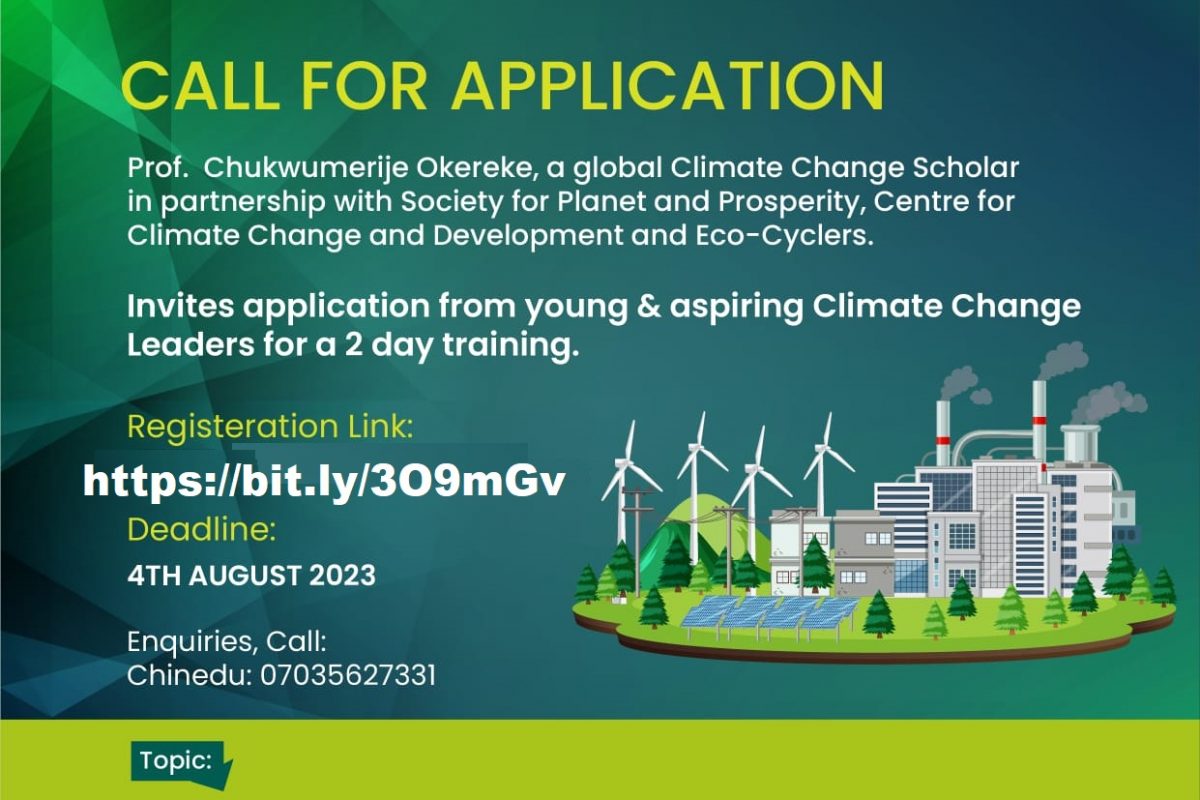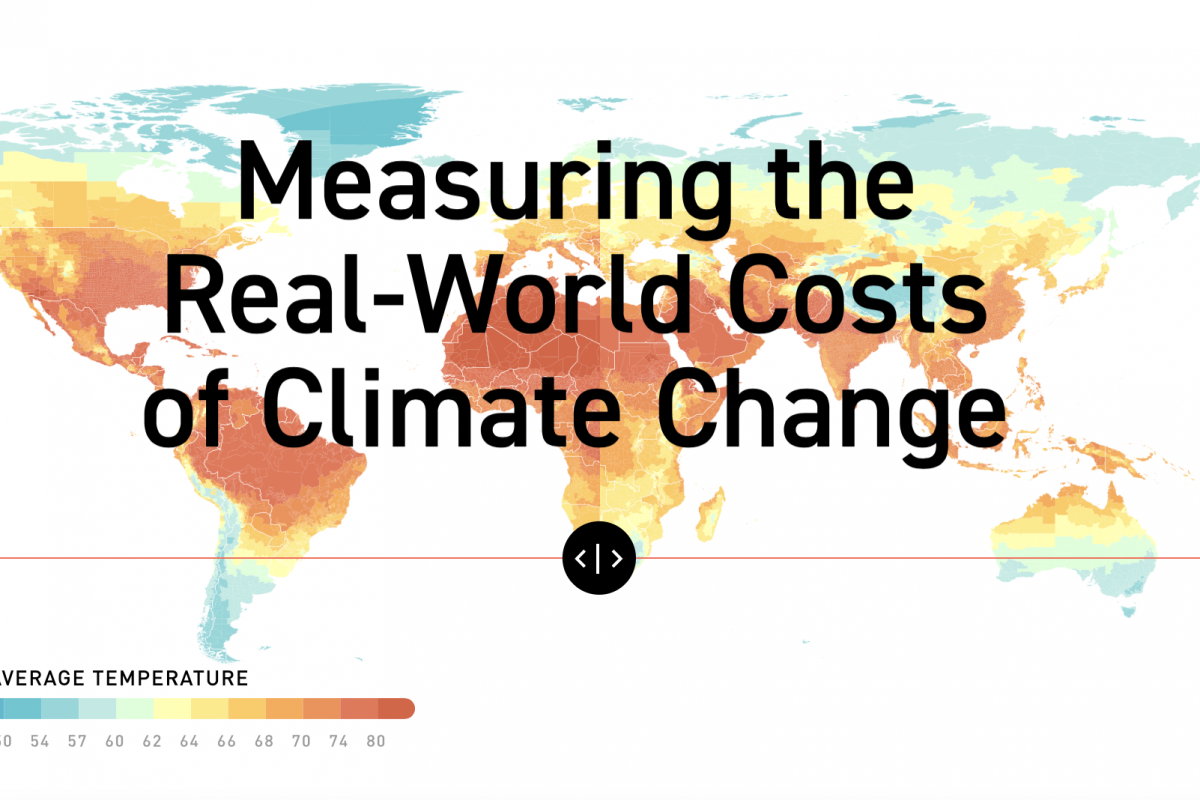We believe the current approach to framing, designing, and implementing energy transition plans and partnerships risks jeopardising long-term and sustainable just energy transitions across Africa and among the broader Global South.
Current transition plans appear too narrowly focused on decarbonisation and global climate objectives, rather than looking to the broader goals of the economic and sustainable development of African countries. A poorly framed energy transition plan with restricted net zero emission aims could result in transformation (if any) that is economically and environmentally damaging, as well as technically redundant.
Last month, Sustainable Energy for All (SEforALL) announced its collaboration with McKinsey & Company to create Energy Transition and Investment Plans (ETIPs) that would assist poorer countries in achieving net zero emissions by mid-century. Ghana, Kenya, and Barbados are among the initial target countries. Many more will follow. According to SEforALL and McKinsey, the programme was inspired by the success of their previous collaboration in creating an Energy Transition Plan (ETP) for Nigeria in the run-up to COP26 in Glasgow, based on which Nigeria’s president made a net zero commitment by 2060 at the summit.
Energy transition plans, partnerships, and agreements have become a popular strategy for pursuing just energy transitions in poor countries. While the Nationally Determined Contributions (NDCs) are part of the formal submissions under the obligations of Parties in the Paris Climate Agreement and they cover adaptation and mitigation measures across all economic sectors, energy transition plans and agreements are informed by bilateral country relationships, though supportive of the goals of the Paris Agreement. They also mostly target the energy sector.
Just Energy Transition Partnerships (JETPs) are a new financing cooperation approach primarily aiming to assist largely coal-dependent middle-income economies in shifting their energy portfolios to renewable alternatives. South Africa was pledged USD$8.5 billion at COP26 from a coalition of donor nations, including France, the United States, the European Union, the United Kingdom, and Germany, in a declaration designed to accelerate its transition away from coal as its primary energy source. The declaration led to the first JETP. Since then, a USD$20 billion JETP-styled pledge has been made with Indonesia, and other nations, including India and Senegal, are said to be in train.
While recognising that these types of energy transition arrangements can assist developing countries to accelerate ambitious climate action and reach net zero by mid-century, we believe the current approach to framing, designing, and implementing energy transition plans and partnerships risks jeopardising long-term and sustainable just energy transitions across Africa and among the broader Global South.
One key risk in the current approach is the positioning of energy transition plans as short to mid-term financial or programming endeavours, rather than long-term transformative programmes aimed at economic, social, and environmental prosperity. Energy transition partnerships between the Global North and developing countries should catalyse learning, leading to shared understanding and transformative action for system-wide energy transitions. This is especially true for Africa, given its diversity, distinct energy and economic needs, and long history of unequal engagement with Europe and the Global North.
An important component will be inclusive communication with key stakeholder groups, to find common ground and ensure the energy transition path taken is socially sustainable and equitable. This means understanding the numerous parties involved in current supply chains of fossil fuels and related services, other existing power provisions, as well as the implications of alternative renewable energy sources. It also requires a framework for evaluating common principles, including macroeconomic impact, environmental resilience, basis for and access to finance, reduction of inequalities and climate justice. Accurately identifying associated social and economic dangers takes time and must be part of the planning process.
The true promise of JETPs, ETPs, and ETIPs lies in their use as a foundation for serious national discourse and structured dialogue about medium to long-term transition visions. It is an opportunity to identify social, institutional, political, and technical imaginations, impediments, and stumbling blocks, as well as substantial lock-in dangers, and then to analyse where and how innovative financial partnership could play a catalytic and learning role in it all.
It is interesting that SEforALL and McKinsey claim the desire to expand the ETIP to other developing countries is based on the success of their Nigerian model, while facts and experience have suggested the need for a more cautionary tale. Many have observed that the Nigerian ETP was constructed rapidly, behind closed doors, by multinational consultants using proprietary modelling tools, rather than through a collaborative process incorporating national discourse and national expertise, to which the continuous energy policy debate could recur again and again. It is possible that the Nigerian government’s very limited success in mobilising significant money since the elaboration of the ETP may be partly attributed to the apparent lack of national debate and transparency.
The true promise of JETPs, ETPs, and ETIPs lies in their use as a foundation for serious national discourse and structured dialogue about medium to long-term transition visions. It is an opportunity to identify social, institutional, political, and technical imaginations, impediments, and stumbling blocks, as well as substantial lock-in dangers, and then to analyse where and how innovative financial partnership could play a catalytic and learning role in it all.
Furthermore, the financing of energy transition plans and collaborations must mark a watershed moment in climate finance history. Recognising that the global North is obliged to financially support the global South in their climate response strategies, requires a corresponding step change in partnership with renewed focus, additional resources and financing offers that are aligned with the fiscal realities of the countries being supported. JETPs should not be seen as technological solutions offering modelling engines, as SE4All claims in their announcement, to the exclusion of wider just transition concepts including energy ownership democratisation, local production, loss compensation and regenerative livelihoods.
Transition arrangements and accords must respect heterogeneity. Only when the concept, design, and implementation of JETPs are founded on awareness of the wide diversity of countries’ energy demands, as well as their economic, social, and political environments, can they then have tremendous potential to build societal resilience. The geopolitical landscape of finance and much else – both in terms of access and cost of finance, is becoming increasingly murky and volatile.
In Africa, for example, consideration needs to be given to the extent of oil and gas dependence (including contribution to GDP), level of energy access, possibility of alternative generation, skills and employment rates, and quality of the existing grid, which are just a few of the many factors influencing energy access. A keen focus on diversity will help avoid JETPs being framed as transferable solutions, which is presently the case. The focus must be on context relating to specific country situations (including the type of energy needs for cooking, heating, cooling, mobility, and agriculture; existing energy resources/potential; existing energy infrastructure; existing jobs and strategies for industrialisation; and the proportion of the economy comprising energy-intensive sectors).
Given the minimal share of past emissions and even in next decades’ emissions of African countries, Senegal and other LDCs would seem as good examples of where new fossil energy investments are compatible with the objective of global climate action and climate justice, provided they do not trap the country in a stranded asset.
More essentially, JETPs depend on national capabilities, support structures and access to domestic finance as well – particularly for middle income global South countries. It is essential that finance be a partnership of risk sharing, mainstreaming of justice across public and private, international and national financing streams.
In addition, JETPs should not be seen as a device for asking African countries to phase out fossil fuels. A phase-out may be optimal in some countries, but not in others where fossil fuels are not the dominant source of energy – but may be an untapped resource that African countries wish to explore. JETPs should not be viewed solely through the prism of debate about renewable versus fossil energy. Instead, emphasis should be on determining how diverse technologies and innovations may best suit the country’s short- and long-term development needs.
While key voices in Senegal, for example, consider gas as a transition energy, they do not want a situation in which the EU’s de facto embargo on the use of natural gas in Africa stifles development of renewable energies. They believe proceeds from gas extraction should instead be used to gradually fund transition to sustainable energy. And the debate on gas development becoming stranded assets needs to be held with regards to the specific Senegalese situation.
Given the minimal share of past emissions and even in next decades’ emissions of African countries, Senegal and other LDCs would seem as good examples of where new fossil energy investments are compatible with the objective of global climate action and climate justice, provided they do not trap the country in a stranded asset.
Current transition plans appear too narrowly focused on decarbonisation and global climate objectives, rather than looking to the broader goals of the economic and sustainable development of African countries. A poorly framed energy transition plan with restricted net zero emission aims could result in transformation (if any) that is economically and environmentally damaging, as well as technically redundant.
Chukwumerije Okereke is the Director of the Centre for Climate Change and Development, Alex Ekwueme Federal University Nigeria, while Sébastien Treyer is the Executive Director, The Institute for Sustainable Development and International Relations (IDDRI), France; Chantal Naidoo is Founder and Executive Director, Rabia Transitions Initiative, South Africa; Youba Sokona is Special Advisor for Sustainable Development at the South Centre, Geneva, Switzerland; Ann Kingiri is the Director, Research and Innovation at the African Centre for Technology Studies (ACTS), Kenya; and Elisabeth Hege is Senior Research Fellow, Institute for Sustainable Development and International Relations (IDDRI) France.
First published in Premium Times





